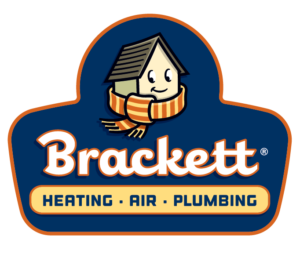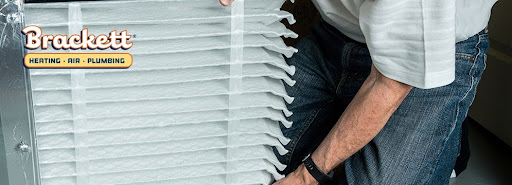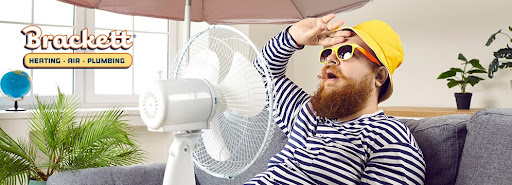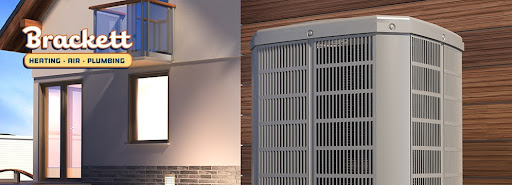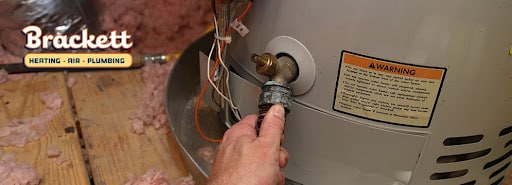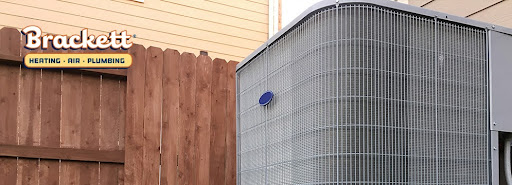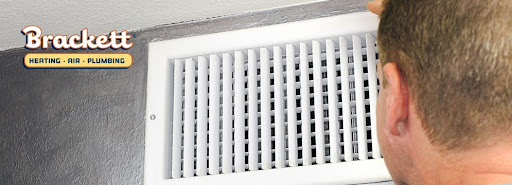According to the AAFA (Asthma and Allergy Foundation of America), more than 50 million Americans suffer from allergies every year. There’s a good chance that many of you reading this article are familiar with the aggravating symptoms that the warm spring weather brings: runny nose, headache, clogged sinuses, and more.
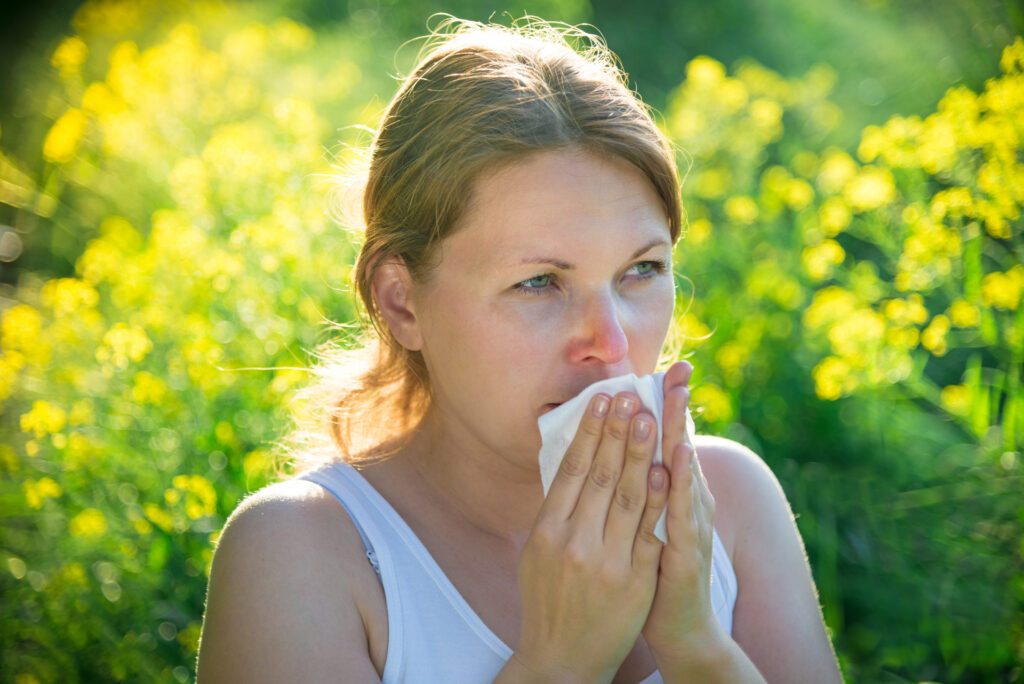
What if we told you there was a way your HVAC system could potentially relieve some of those irritating symptoms? Yes, it’s true! A well-maintained HVAC system can significantly reduce the allergens in your home, allowing you to feel more comfortable throughout the spring season.
Below we’ve outlined some tried and true tips that will improve the function of your HVAC system and help ease your allergy symptoms. Make sure you try them out on your system before peak allergy season in May!
Clean Your Air Ducts
The air ducts in your home are designed to help keep the allergens, like pollen, mold, and dust, out of your indoor air. However, if your ducts aren’t regularly cleaned, it can cause a build-up and actually do the exact opposite. The build-up of allergens in your air ducts can make it easier for them to get into your air vents and in the air you breathe. Consequently, this can make your allergy symptoms even more severe.
We recommend scheduling a regular air duct cleaning with the professionals at Brackett Heating, Air & Plumbing every five to seven years. Not only will this help reduce the amount of build-up in your ductwork, but it will also decrease your chances of getting mold in there as well.
Reduce Indoor Humidity
Unfortunately, where there is humidity, there is often mold growth; and where there is mold, there are allergies. While air conditioners are natural dehumidifiers for your home, sometimes simply running your AC is not enough to prevent the growth of mold.
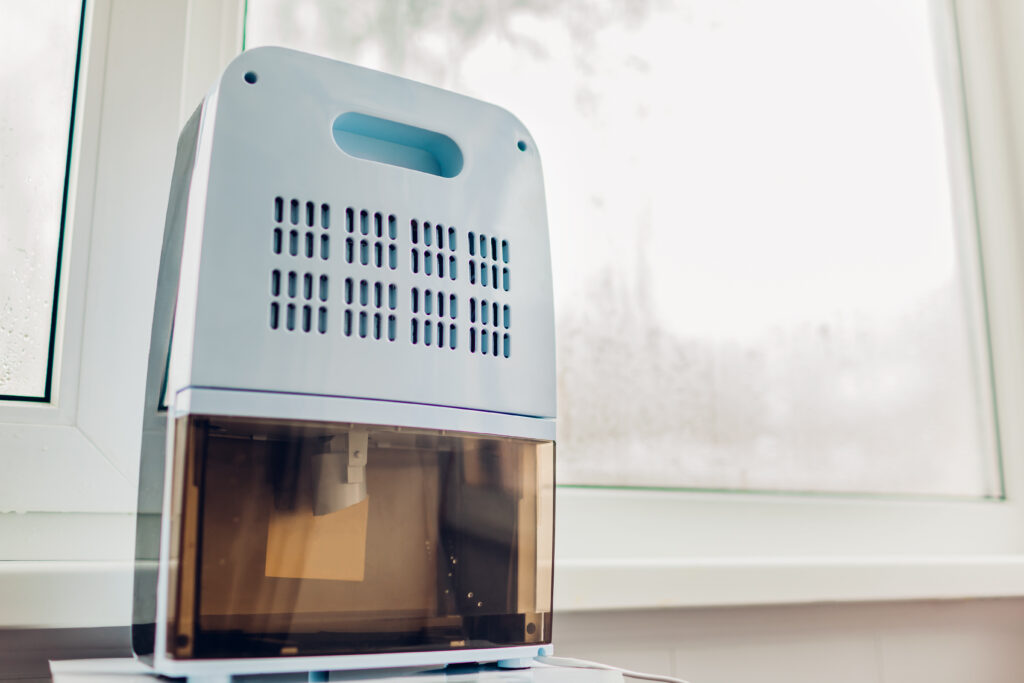
Dehumidifiers can be especially helpful in the spring when there are heavy amounts of rain. If you think your home might benefit from a quality dehumidifier or even a humidifier, we suggest speaking to a member of our team. We can help ensure your home is set with the appropriate level of humidity.
Change Your Air Filter
The purpose of your air filter is to stop allergens such as pollen, pet dander, mold spores, and even dust from getting into the air in your home. However, they can only effectively perform this task if they are regularly changed. If your air filters are neglected they will become clogged. This will not only stop them from catching the allergens in the air, but it will also restrict the airflow and make your HVAC system work harder to pull the air through.
Our advice is to change your MERV 11 or MERV 16 filter once a year to ensure it’s working properly. You can contact Brackett Heating, Air & Plumbing to receive recommendations on which air filter is best for your home.
High MERV-rated filters can help remove tiny particles from your air and reduce the allergens in your home on a larger scale. Just make sure your HVAC system is compatible with the MERV rating of the filter. To learn more about air filters for your HVAC system, check out our article, What You Should Know Before Replacing Your Air Filter.
Clean Your Outdoor Unit
Your outdoor HVAC unit is constantly exposed to elements and can often get blocked by twigs, leaves, dirt, and more. When your outdoor unit is not frequently cleaned, it can be easier for allergens to make their way into your home. Regularly cleaning your unit helps enhance your HVAC system’s capacity to filter allergens.
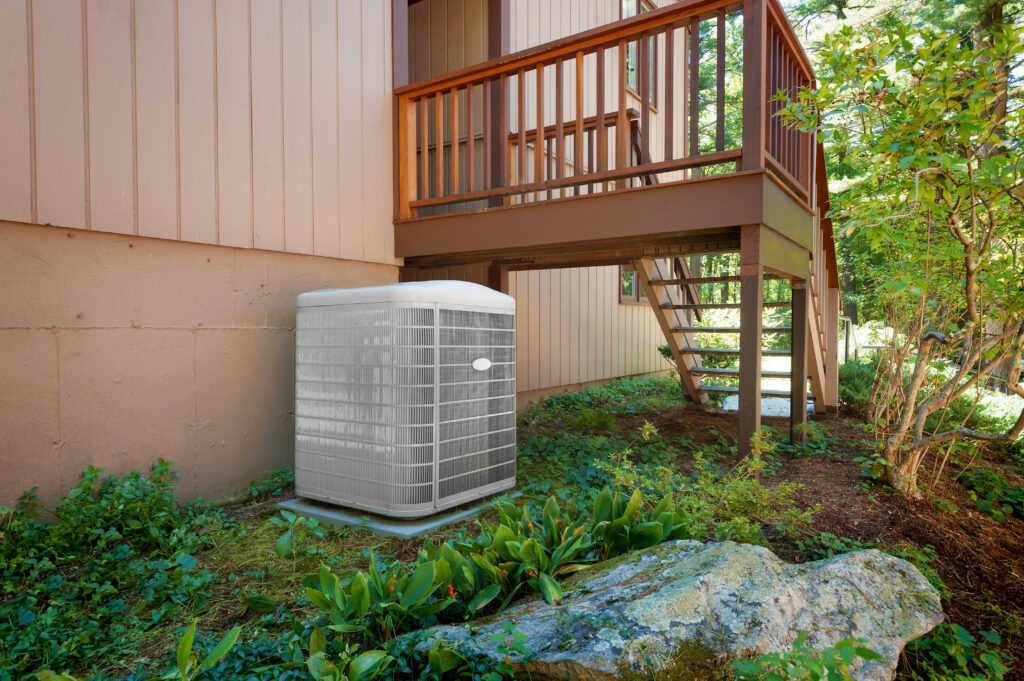
To free your unit of debris start by turning it off. You can then remove any branches or leaves that might be blocking the unit. Next, remove the protective grille and clean out any debris that has made its way through the grille. We recommend you call us at Brackett Heating, Air & Plumbing for yearly maintenance services to handle the care of your outdoor unit.
Make sure you continue to keep up with the landscaping around your outdoor unit to reduce the debris that can get inside it. This also makes it easier for a technician to service the unit.
Other Ways to Help Reduce the Allergens In Your Home
There are many ways your HVAC unit can help reduce the amount of unwanted particles in your home. However, you can always do additional things to help alleviate your allergies even further.
Air Purifier
Air purifiers are excellent in helping to clear out the allergens in your air. Not only that, but they also boost your home’s indoor air quality. Investing in a quality air purifier is a great way to add another layer of protection against allergies and take some of the workload off of your HVAC system.
Clean Your Home Regularly
It’s relatively easy to track different allergens into your home. Often times they can attach to your clothes, shoes, children, etc., and can make your allergies worse, even when you’re indoors.
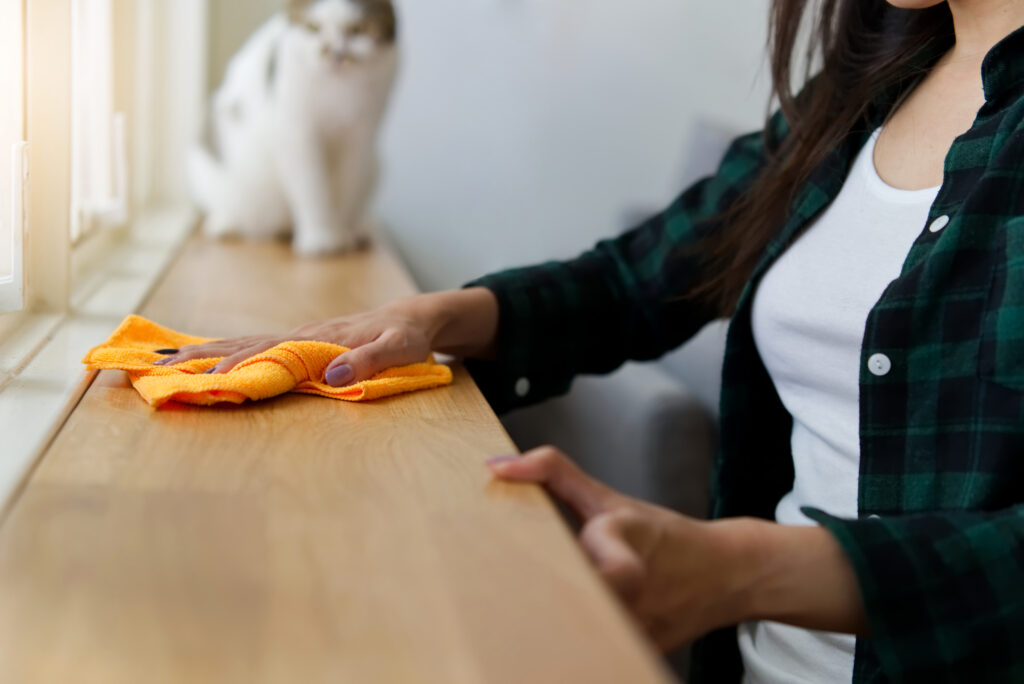
Routinely cleaning your home helps remove these particles. Try to regularly dust, vacuum, mop, and do your laundry to help reduce the allergens that you track into your home.
While allergy season is one of the worst times of the year for a large chunk of Americans, there are ways your HVAC system can help reduce the amount of unwanted particles in your home and diminish your allergy symptoms. Follow the tips above to enjoy the health benefits that your HVAC system can provide you and your family.
If you have any questions about how you can help maintain your HVAC system and significantly reduce the allergens in your home, contact Brackett Heating, Air & Plumbing!
